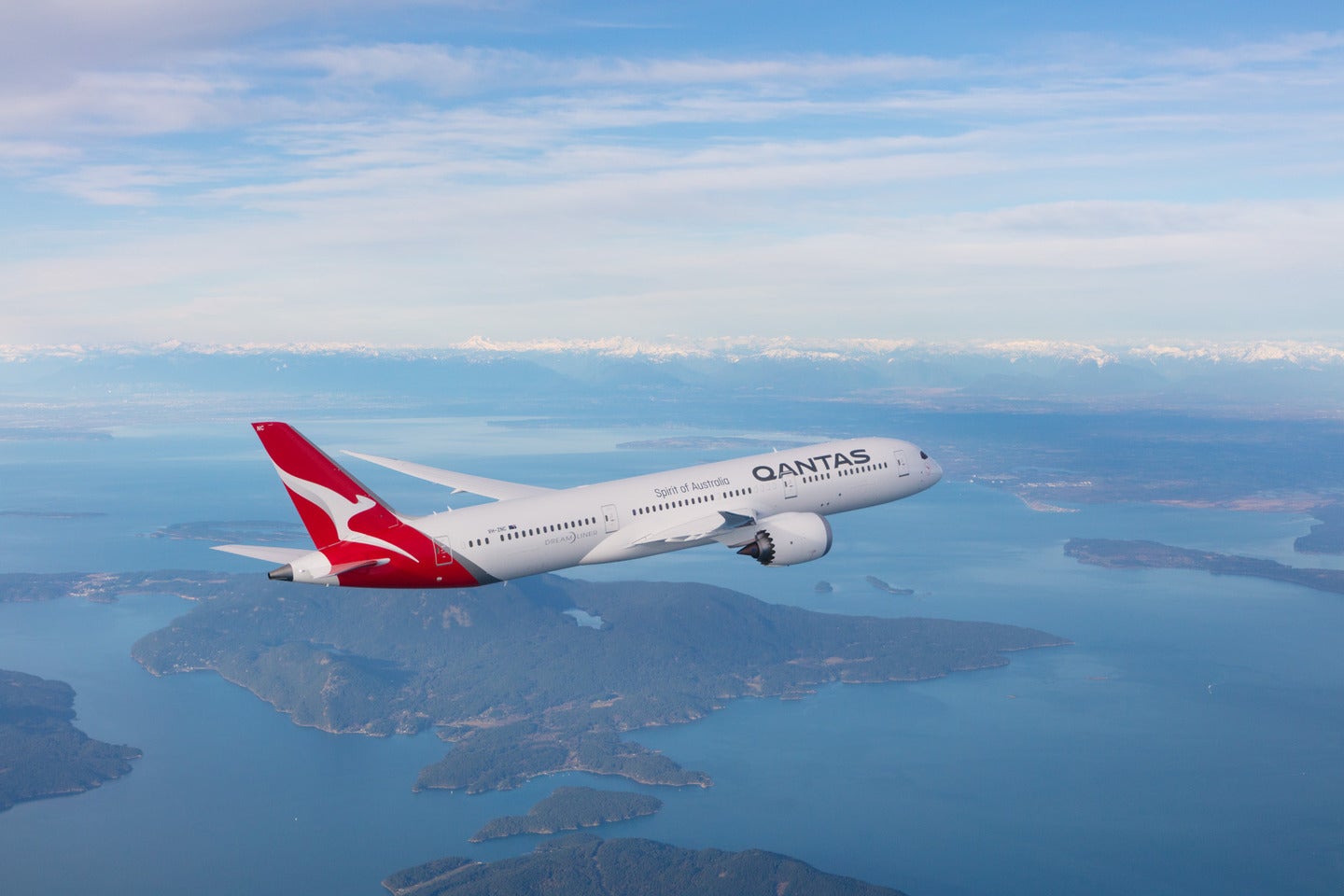
Australian airline Qantas has announced the creation of a climate fund which will directly invest in sustainable projects and technology for the aviation industry.
The A$400m ($261.77m) fund is the largest of its kind in the world, though it also includes the A$290m partnership already established between Qantas and Airbus to work on the domestic sustainable aviation fuel (SAF) industry in Australia.
Chief Sustainability Officer Andrew Parker, who announced the fund as part of the company’s Investor Strategy Day, stated that managing climate change was now a key part of the Qantas strategy.
Parker said: “We have already made progress towards our interim climate targets with SAF powering our flights out of London, more fuel-efficient aircraft arriving every month and a mature carbon offset program.
“We need to turbocharge these efforts if we are to cut our carbon emissions by 25 per cent by 2030 and have net zero emissions by 2050.”
Qantas’ fund will be aimed at helping sustainability projects get “off the ground” according to Parker, who also said that the tech was necessary to protect the future of air travel.

US Tariffs are shifting - will you react or anticipate?
Don’t let policy changes catch you off guard. Stay proactive with real-time data and expert analysis.
By GlobalDataAlongside investment into new technologies, the fund will also invest in managed sustainability funds and research and development partnerships with the company now seeking expressions of interest for relevant businesses wanting funding.
Parker’s announcement at the strategy day also included a call for the Australian government to introduce a SAF-blending mandate similar to the targets set by the EU (2% by 2025 and 70% by 2050) and Japan (10% by 2030).
Parker also said: “Australia has significant advantages for SAF production and there’s a great opportunity to create a new domestic industry.
“Without the right policy settings and signals, we will see investment, projects and feedstocks move offshore to places with specific policy support.”
The World Travel and Tourism Council has also just called on governments around the world to prioritise SAF development and set targets for its use.
Sustainability has become one of the driving forces behind company policy in the airline industry in recent years following industry-wide pushes on issues such as achieving net zero carbon emissions by 2050.
A recent summit on the issue was attended by representatives of the UK, US, Canada and Singapore governments who discussed ways of speeding up SAF development.



